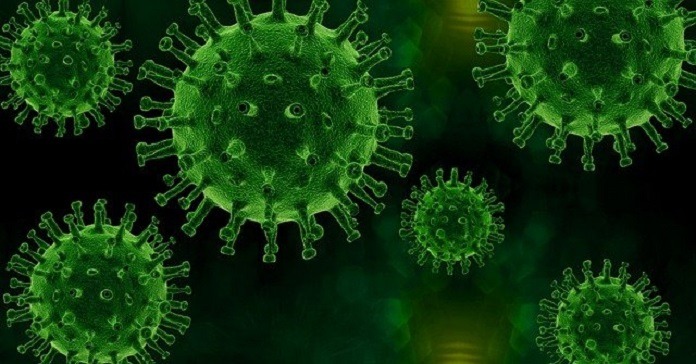While there are several unanswered questions regarding the COVID-19 pandemic, one of the most important is about the longevity of protective immunity against the virus. In other words, how long do COVID-19 antibodies last?
As in any viral infection, protective immunity is provided by the antibodies produced in the body as a result of infection. Studies have already shown that this is indeed the case for SARS-CoV-2 virus. No matter how severe the infection, individuals developed antibodies against several different viral antigens as well as activated a rather strong T-cell mediated response in the body.1
There is still some debate about which type of antibodies are produced, their amounts, or how long they last.
How long is someone protected after recovering from COVID-19 infection?
Over the past year, scientists have been trying to figure out how long antibodies last after someone has been infected by the SARS-CoV-2 virus. So far, these studies have been inconsistent. Many factors may influence the immune response to the virus, such as whether a person is asymptomatic or how severe the infection is. Scientists are trying to understand the dynamics of the antibody response so that they can understand how long a person might remain immune to the virus, and able to avoid re-infection.
Some of the important factors that scientists are looking at include disease severity, age, sex, duration of viral clearance, re-detectable positive RNA test, hypertension, and obesity. They want to see whether these may affect the length of time antibodies are detectable in patients who have recovered from COVID-19 3.
How different are the antibody levels in individuals over time?
Studies showed that neutralizing antibody levels were significantly higher in the elderly population, people with severe infection, people with hypertension, and people without re-positive RNA tests up to 1-2 months after the onset of symptoms.
According to the study, people who recovered faster had higher levels of neutralizing antibodies in the first two months following infection, and lower levels between five and ten months following infection when compared to the first two months after the onset of symptoms.3
Certain studies suggested weaker immune responses in asymptomatic people, or those with mild symptoms, compared to those with severe disease. A possible explanation for this difference could be due to the change in the intensity and duration of the body’s own immune response. For asymptomatic or mildly infected individuals, it was found that the neutralizing antibody levels were higher for the first two months, after which it gradually decreased between 5-10 months post-infection onset.3
A history of hypertension could be linked to increased antibody levels during the first 6 months of recovery.3
The factors that determine how long the antibodies against COVID-19 last still need further research.
What factors may affect antibody response and longevity in COVID-19 patients?
Scientists have reported a significant decrease in antibody levels in asymptomatic versus symptomatic people infected by the SARS-CoV-2 virus during the early and acute recovery phase as well at the time of viral clearance. It was also seen that over a period of seven months (May-November 2020) significant changes in antibody efficiency was seen based on different age groups. However, no significant difference could be identified based on hospitalization status, sex, or Body Mass Index.1 These studies were performed in a European population, so it is possible that the geographical location also plays a role in the overall antibody dynamics in COVID-19 recovering patients. More studies from different regions in the world are required to have a better understanding of whether antibody longevity is location and ethnicity-specific response or not.
To answer the million-dollar question “How long do COVID-19 antibodies last?”, multiple factors need to be considered – including age, the severity of disease, other medical conditions such as hypertension, or obesity.
Current research suggests that a person infected by the SARS-CoV-2 virus produces antibodies that can protect them for up to 10 months post-recovery. However, further research will be essential for future epidemic control and vaccination strategies to provide long-term protection to people against the coronavirus.
References:
1. Dorigatti I, Lavezzo E, Manuto L, et al. Italian municipality of Vo ’. Nat Commun. 2021:1-11. doi:10.1038/s41467-021-24622-7
2. Chia WN, Zhu F, Ong SWX, et al. Dynamics of SARS-CoV-2 neutralising antibody responses and duration of immunity: a longitudinal study. The Lancet Microbe. 2021;2(6):e240-e249. doi:10.1016/S2666-5247(21)00025-2
3. Wang H, Yuan Y, Xiao M, et al. Dynamics of the SARS-CoV-2 antibody response up to 10 months after infection. Cell Mol Immunol. 2021;(May):14-16. doi:10.1038/s41423-021-00708-6
Image by PIRO4D from Pixabay



